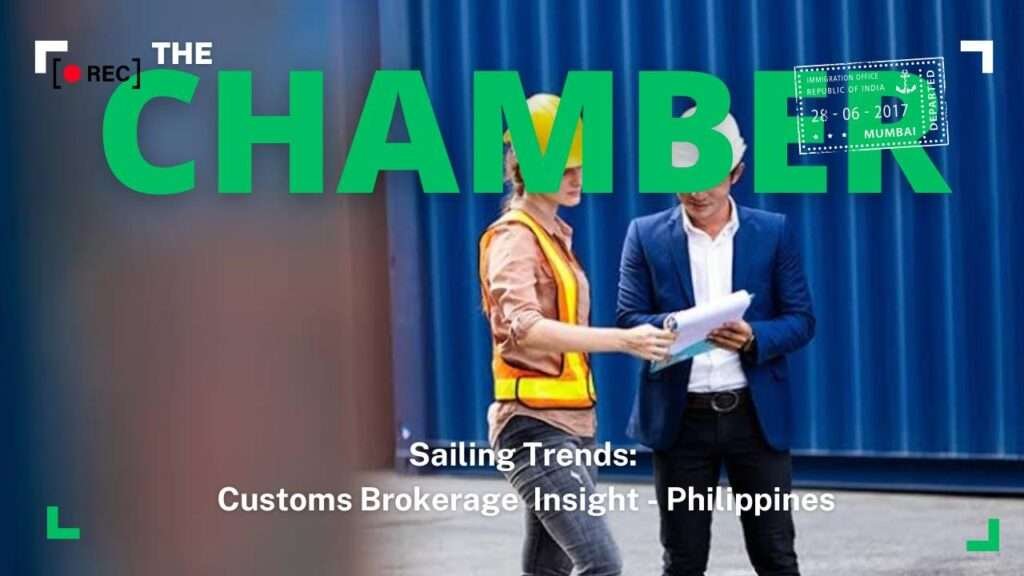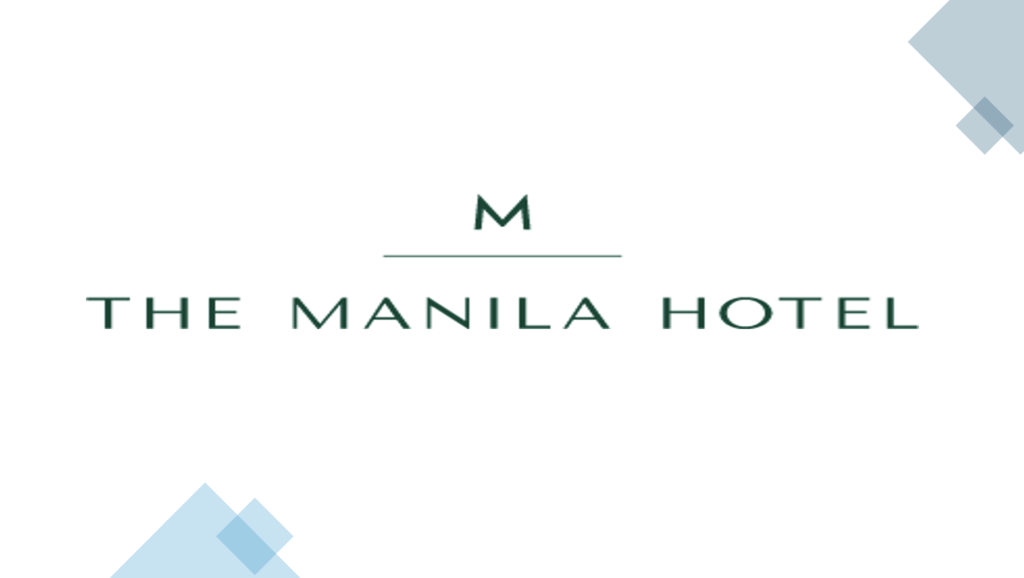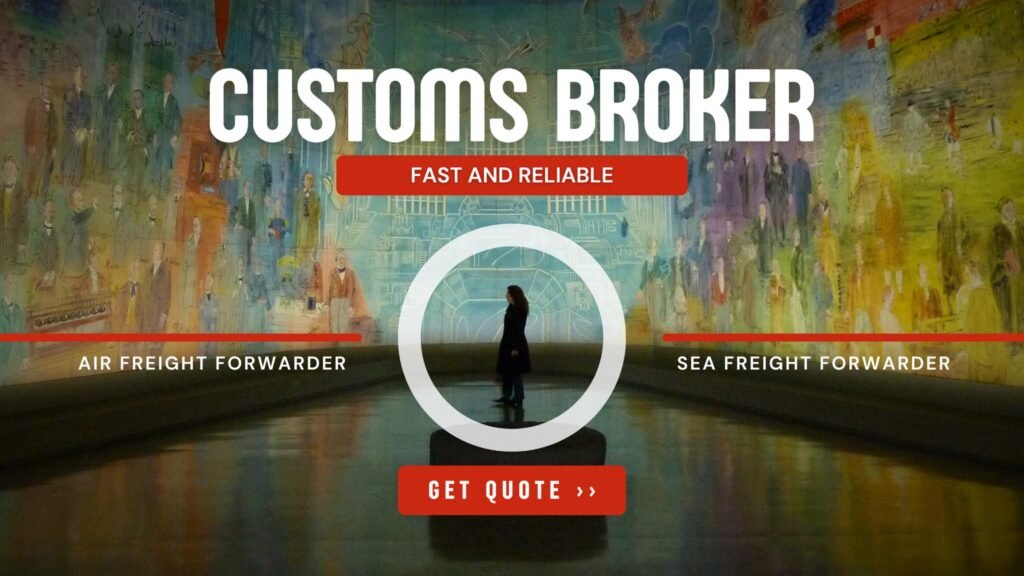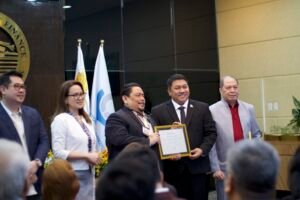Welcome aboard, fellow voyagers in the realm of customs brokerage! As we sail through the dynamic waters of international trade, it’s essential to keep a keen eye on the changing tides and currents shaping our industry. In this blog, we’ll embark on a journey to explore the latest trends and insights driving the customs brokerage sector in the Philippines.
Innovation in customs brokerage services is essential for adapting to ever-changing regulations, improving efficiency, and providing superior client experiences. By embracing technological advancements, such as automation and digital platforms, brokers can streamline processes, enhance compliance, and expedite clearance. Innovation also fosters differentiation in a competitive market, attracting and retaining clients.
As the Philippines strengthens its foothold in the global market, the field of customs brokerage experiences dynamic transformations and advancements. Within this blog, we’ll explore the evolving trends influencing customs brokerage in the Philippines, offering valuable insights for professionals and businesses engaged in international trade.
Understanding Customs Brokerage
Customs brokerage serves as the crucial bridge connecting businesses to the intricate regulatory framework of global trade. Throughout this blog, we’ll explore the core principles of customs brokerage, illuminating its importance, procedures, and contribution to facilitating smooth cross-border transactions.
Subscribe to the MyCCBI365 newsletter
Customs Brokerage future and trends
1. Digital Transformation Ahoy!: The Philippine customs brokerage industry is undergoing a significant digital transformation. With the implementation of electronic customs systems and online platforms, manual processes are being replaced by streamlined digital solutions. From electronic filing of import/export documents to online payment systems, technology is revolutionizing the way customs brokers operate. Embracing digital tools not only enhances efficiency but also improves transparency and compliance with regulatory requirements.
2. Navigating Regulatory Changes: Ahoy, mateys! Stay vigilant for regulatory changes on the horizon. The Philippine customs landscape is constantly evolving, influenced by international trade agreements, tariff modifications, and regulatory reforms. Brokers must stay abreast of these changes to ensure smooth sailing through customs clearance processes. From updates in tariff classifications to changes in import/export regulations, keeping a finger on the pulse of regulatory developments is crucial for navigating the seas of compliance.
3. Rising Tide of Trade Facilitation: Smooth seas make skilled sailors, and trade facilitation is the wind in our sails. The Philippines is actively engaged in efforts to enhance trade facilitation measures, aiming to reduce trade barriers and expedite the movement of goods across borders. Customs brokers play a pivotal role in this endeavor, facilitating trade flows while ensuring compliance with customs regulations. Embracing trade facilitation initiatives such as the WTO Trade Facilitation Agreement and implementing best practices in customs clearance processes are essential for staying competitive in the global trade arena.
4. Charting a Course Towards Sustainability: As stewards of the seas, it’s our responsibility to navigate towards sustainable practices. The customs brokerage industry in the Philippines is increasingly recognizing the importance of sustainability in international trade. From eco-friendly packaging solutions to carbon footprint reduction initiatives, sustainability is becoming a key consideration in supply chain management. Customs brokers can contribute to sustainability efforts by promoting green logistics practices, advocating for environmentally friendly trade policies, and integrating sustainability into their service offerings.
5. Adapting to Geopolitical Shifts: Just as the winds shift direction, geopolitical developments can impact trade dynamics. Brokers must stay attuned to geopolitical shifts, including changes in trade agreements, geopolitical tensions, and global economic trends. From the ASEAN Economic Community to the Belt and Road Initiative, understanding the geopolitical landscape is essential for navigating trade routes and identifying new growth opportunities.
Conclusion: As we bring this voyage to a close, remember that the customs brokerage industry in the Philippines is a dynamic and ever-evolving ecosystem. By embracing digital transformation, staying informed about regulatory changes, facilitating trade flows, championing sustainability, and adapting to geopolitical shifts, customs brokers can navigate the seas of international trade with confidence and success. Fair winds and following seas on your journey ahead!
Prof. Rod Villanueva Lcb, eMba, Fsd
General FAQs
A Customs Broker in the Philippines is a licensed professional responsible for facilitating the import and export of goods through the country's customs authorities. They ensure that goods comply with all customs regulations, including the proper classification, valuation, and payment of duties and taxes. Customs brokers handle the documentation, submission of required forms, and clearance processes to ensure that shipments move smoothly through Philippine Customs.
The primary responsibilities of a Customs Broker in the Philippines include:
- Customs Declaration: Filing import or export declarations, including tariff classification, value, and origin of goods.
- Tax and Duty Assessment: Ensuring that the correct amount of import duties, taxes, and fees are paid to the Bureau of Customs (BOC).
- Compliance with Customs Laws: Making sure that all shipments comply with Philippine customs laws and regulations.
- Document Preparation: Preparing documents such as bills of lading, invoices, packing lists, certificates of origin, and other required paperwork.
- Clearance and Delivery: Coordinating with the Bureau of Customs for the clearance of goods and arranging the release and delivery of shipments to importers or exporters.
To become a licensed Customs Broker in the Philippines, an individual must meet the following requirements:
- Education: A bachelor's degree in Customs Administration (BSCA) from an accredited university.
- Examination: Pass the Customs Broker Licensure Examination administered by the Professional Regulation Commission (PRC).
- Professional Fee: Pay the appropriate fees for the licensure exam and registration with the PRC.
Once licensed, customs brokers are required to maintain their professional competency through Continuing Professional Development (CPD) as mandated by the PRC.
Some of the common challenges faced by customs brokers in the Philippines include:
- Regulatory Changes: Frequent changes in customs laws, tariffs, and import/export regulations require brokers to stay updated and adapt quickly.
- Delays and Bureaucracy: Complex procedures and delays within the Bureau of Customs, especially at busy ports, can slow down the clearance process.
- Valuation Issues: Disputes over the declared value of goods, especially when customs authorities suspect undervaluation to evade duties.
- Security and Compliance: Ensuring compliance with increasingly strict security measures and anti-smuggling regulations, including handling counterfeit goods and prohibited items.
- Automation and Technology: Adapting to new electronic systems and automated customs procedures introduced by the Bureau of Customs.
The fees charged by Customs Brokers in the Philippines can vary depending on factors such as the type of goods being imported, the complexity of the shipment, and the specific services provided. Typically, customs brokers charge:
- Service Fees: A standard fee for handling the documentation, customs declaration, and clearance process, which can range from ₱2,000 to ₱5,000 per shipment.
- Import Duty and Tax Handling: Customs brokers may charge a percentage-based fee on the total duties and taxes assessed (usually 1-2% of the total value of duties and taxes).
- Additional Charges: Fees for specific services like freight forwarding, warehousing, or inspection arrangements may also apply.
It's important for businesses to discuss and clarify service fees upfront with the broker, as costs can vary widely depending on the complexity of the customs clearance process.









